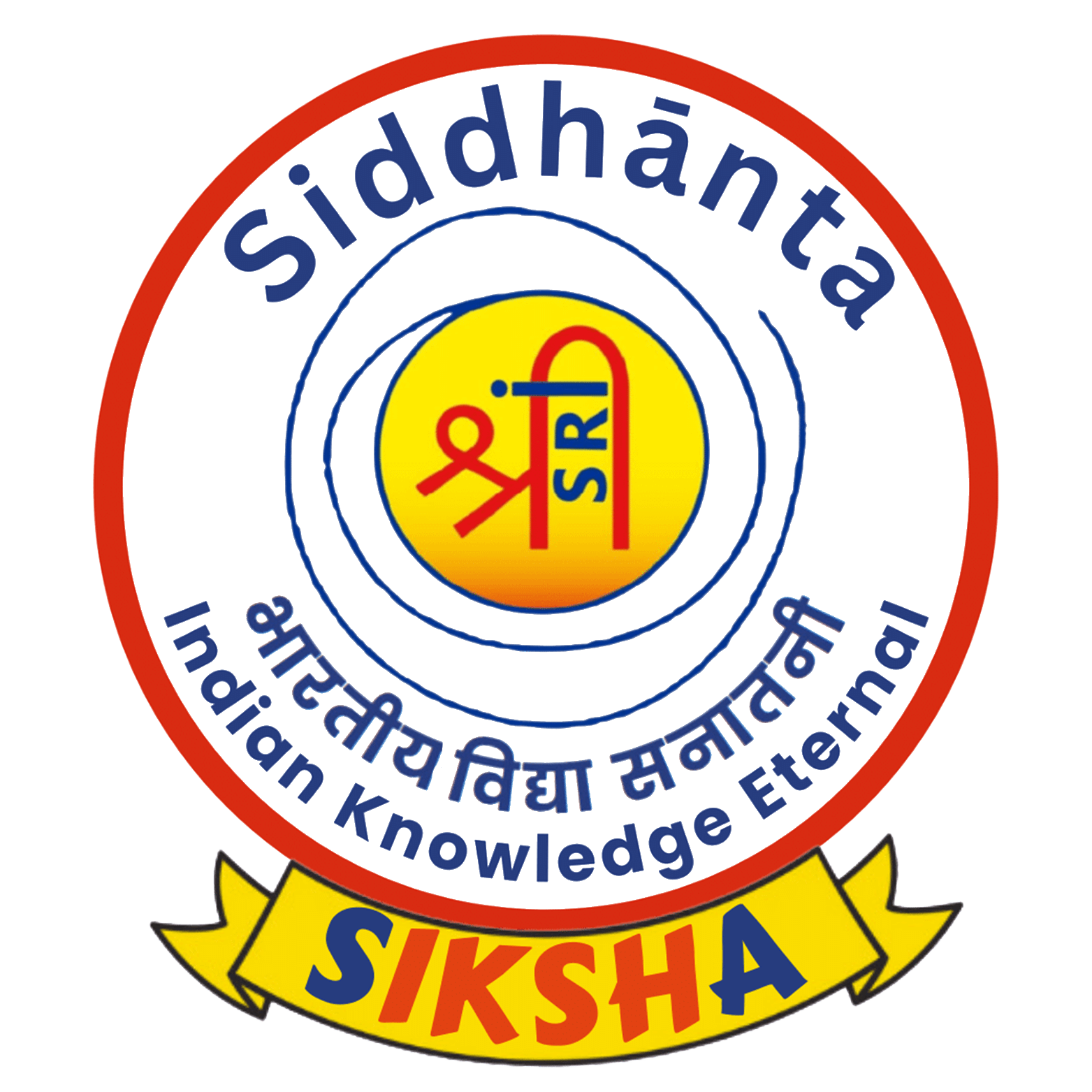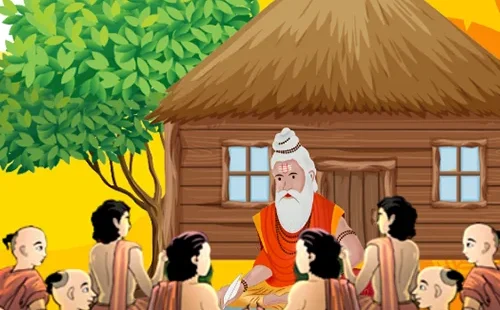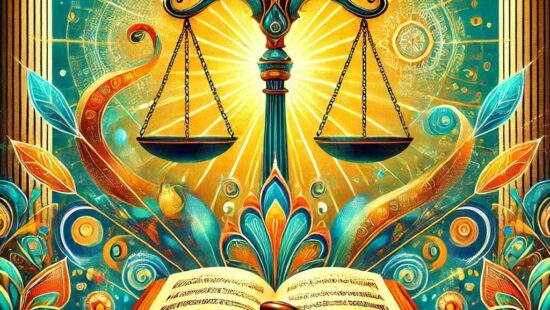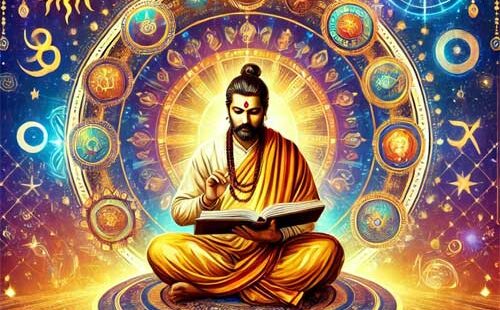Basic Principles of Arthashastra
- 15 Hours
-
1 Credit
*(T&C Apply) Credits applicable only for Undergraduate and Postgraduate students enrolling for SIKSHA courses through academic institutions based in India.
- UG/PG
- Arts and Humanities, Law, Management
- Faculty
₹2,500.00(GST additional)
About The Course
The Arthaśāstra is an ancient Indian treatise on statecraft, economic policy and military strategy, traditionally attributed to Chanakya (also known as Kauṭilya or Viṣṇugupta), who was an advisor and prime minister to the first Mauryan emperor Candragupta. Key highlights include: ● Understanding the Arthaśāstra landscape that is divided into 15 Adhikaraṇas (Chapters) ● Introduction to a comprehensive approach to governance, with a detailed analysis of the various elements that constitute a State
Syllabus
- Unit I - Introduction and Overview of Artha Shastra (Modules 01-04)
- ● Comprehensive Insights into Artha Shastra: Ancient Wisdom for Modern Governance and Leadership
- ● Comprehensive Insights into 'Artha' and Artha Shastra: Historical Significance, Evolution, and Contemporary Relevance
- ● Sattvam and Leadership: Integrating Ancient Wisdom with Modern Practices for Effective Governance and Personal Growth
- ● Strategic Insights from Artha Shastra: Historical Foundations and Modern Applications
- Unit II - Ancient Insights for Modern Leadership: Chanakya's Wisdom and Indian Philosophical Foundations (Modules 05-08)
- ● Essential Knowledge for Leaders: Insights from Chanakya's Artha Shastra
- ● Ancient Wisdom for Modern Leadership: Insights from Indian Philosophies
- ● Leadership Wisdom from Chanakya: Mastering Knowledge, Ethics, and Governance
- ● Anvikshiki: Ancient Philosophical Foundations for Modern Leadership
- Unit III - Advanced Studies in Anvikshiki: Leadership, Governance, and Ethical Decision-Making (Modules 09-12)
- ● Anvikshiki in Leadership and Governance: Historical Illustrations and Practical Applications
- ● Anvikshiki: Integrating Philosophy, Economics, and Statecraft for Ethical Decision-Making
- ● Psychological Dynamics in Success and Adversity: Lessons from History and Itihasa
- ● Anvikshiki: Mastering the Synergy of Wisdom, Expression, and Action
- Unit IV - Ethical principles and Ancient Social Stuctures(Modules 13-20)
- ● Comprehensive Insights into Vedic Tradition: Trayi Concept, Dynamic Wisdom, Structure, Sequencing, and Itihasa-Veda
- ● Foundations of Dharma: Understanding Varna, Ashramas, and Samanya Dharma Principles
- ● Foundations of Dharma: Understanding Trayi, Varna Vyavastha, Ashrama System, and Svadharma
- ● Understanding Svadharma: The Roles and Responsibilities within the Varna System in Ancient Indian Society
- ● The Four Varnas: Roles, Responsibilities, and Relevance in Modern Society
- ● Stages and Structures: An In-Depth Exploration of Life's Journey According to Chanakya
- ● Exploring Grihastha Dharma: Sacred Duties and Philosophical Insights in Marital and Societal Responsibilities
- ● Core Duties of Brahmacharya: Pathways to Intellectual and Spiritual Growth
- Unit V -Spiritual and ethical leadership (Modules 21-28)
- ● Embracing Vanaprasthashrama: Ancient Wisdom for Modern Spiritual Transition
- ● Exploring Sannyasa-Ashrama: A Journey of Detachment and Spiritual Liberation
- ● Ethical Foundations and Leadership: Integrating Ahimsa, Truthfulness, and Purity in Modern Governance
- ● Embodying Timeless Wisdom: The Values of Anasuya, Aanrsamsyam, and Kshamaa According to Chanakya
- ● Exploring Dharma and Society through Chanakya’s Teachings
- ● Vaarta and Wealth: The Integral Role of Agriculture, Animal Rearing, and Trade in Economic Prosperity
- ● Foundations of Economic Prosperity: Chanakya's Elements and Their Modern Relevance
- ● Chanakya's Principles for Modern Governance: Economic Strategy, Public Welfare, National Defense, Diplomacy, and Conflict Resolution
More Information
- Learning Objectives
- ● Introduction to fundamental concepts and historical background of Arthaśāstra
- ● Exploring the various Vidyā-s (branches of knowledge) as outlined in Arthaśāstra, i.e. ānvīkṣikī, trayī, vārtā, and daṇḍanīti
- ● Understanding the significance, purpose and application of these vidyā-s in contemporary Indian political and economic though
- ● Examining definitions, purposes and philosophical underpinnings of key concepts
- ● Overview of ancient Indian society and social structures
- Intended Outcomes
- ● Comprehensive understanding of artha and its importance in ancient Indian literature
- ● Ability to articulate the historical evolution and extent of Arthaśāstra
- ● Proficiency in explaining the four vidyā-s and their relevance in governance and administration of a State
- ● Critical understanding of philosophical and practical aspects of Arthaśāstra, including its approach to ethics, economics and politics
- ● Insight into the social and cultural dimensions of ancient Indian society as chronicled by Arthaśāstra


















